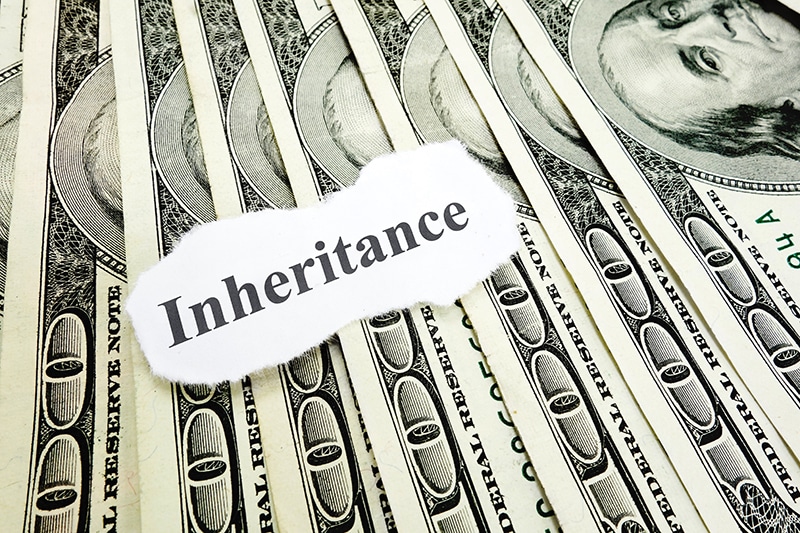Legacy Design Strategies
Omaha, NE, Minot, ND and Iowa Fall, IA Estate Planning and Elder Law Firm
Estate Planning and Elder Law Blog

When someone dies and leaves debts, you may ask if you have any personal liability to pay them. The answer is typically no, even though those debts don’t automatically disappear. However, there are situations in which you may have to address issues with a loved one’s creditors after they are gone, says KAKE’s recent article entitled “Can I Inherit Debt?”
The responsibility for ensuring the estate’s debts are paid, is typically that of the executor. An executor performs several tasks to wrap up a person’s estate after death. They include:
In terms of debt repayment, executors must notify creditors who may have a claim against the estate. Creditors are given a set period of time to make a financial claim against the estate’s assets for repayment of debts. It’s not that uncommon for a disreputable creditor to attempt to get paid by the deceased’s relatives.
Any assets in the estate that have a named beneficiary, such as a life insurance policy, a 401(k), individual retirement account, payable on death accounts or annuity, would be transferred to that beneficiary automatically and cannot be touched by creditors.
You typically don’t inherit debts of another like you might inherit property or other assets from them. Thus, if a debt collector tries get money from you, you’re under no legal obligation to pay.
However, if you cosigned a loan with the deceased or opened a joint credit card account or line of credit, those debts are legally yours, just as much as they are the person who died. If they pass away, you’d be solely responsible for repaying them.
You should also know that you may be liable for long-term care costs incurred by your parents, while they were alive. Many states require children to cover nursing home bills, although they aren’t always enforced.
As for spouses, the same rules of debt responsibility apply. However, for debts that are in one spouse’s name only, it’s important to understand how living in a community property state can impact your liability for marital debts. If you live in a community property state (Arizona, California, Idaho, Louisiana, Nevada, New Mexico, Texas, Washington and Wisconsin), debts incurred after the marriage by one spouse can be treated as a shared financial obligation.
Reference: KAKE (December 2, 2020) “Can I Inherit Debt?”

Get Started Today
Book your Free Estate Planning Consultation Now
Stay Up-To Date
Subscribe to Our eNewsletter
9859 South 168th Avenue,
Omaha, NE 68136
7 Third Street SE, Suite 202,
Minot, ND 58701
320 North Oak Street, PO Box 295,
Iowa Falls, IA 50126
